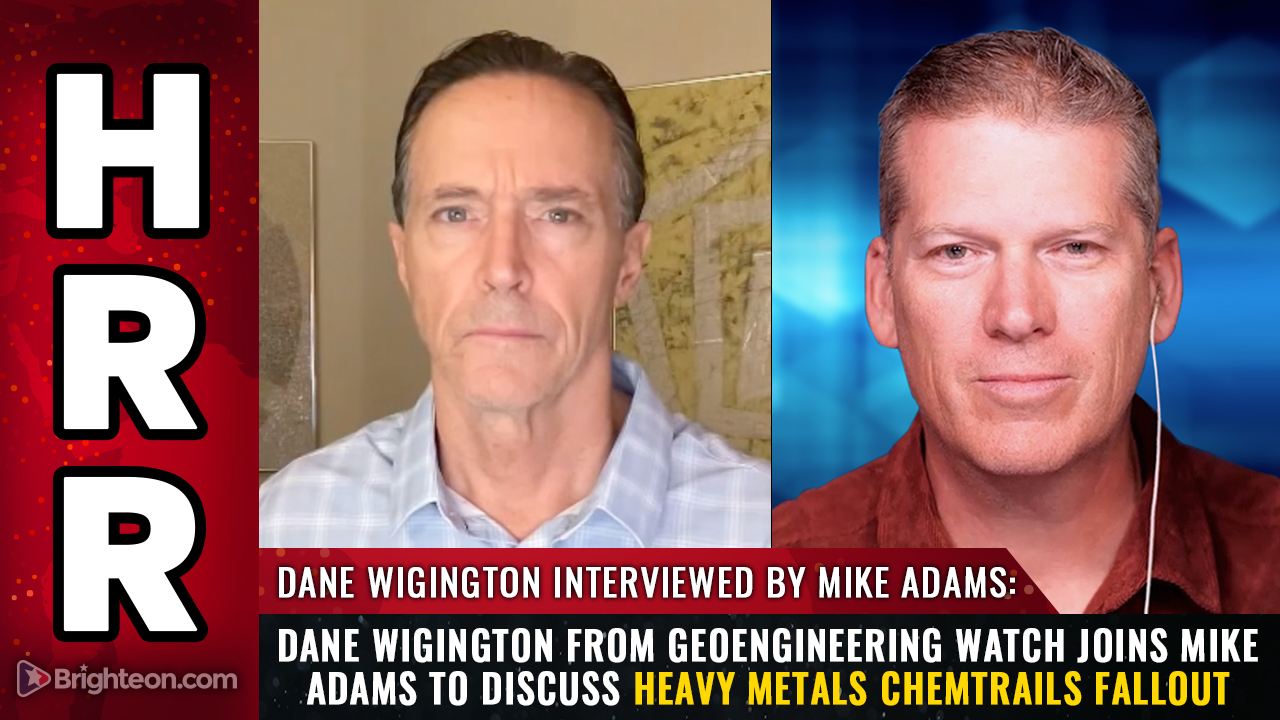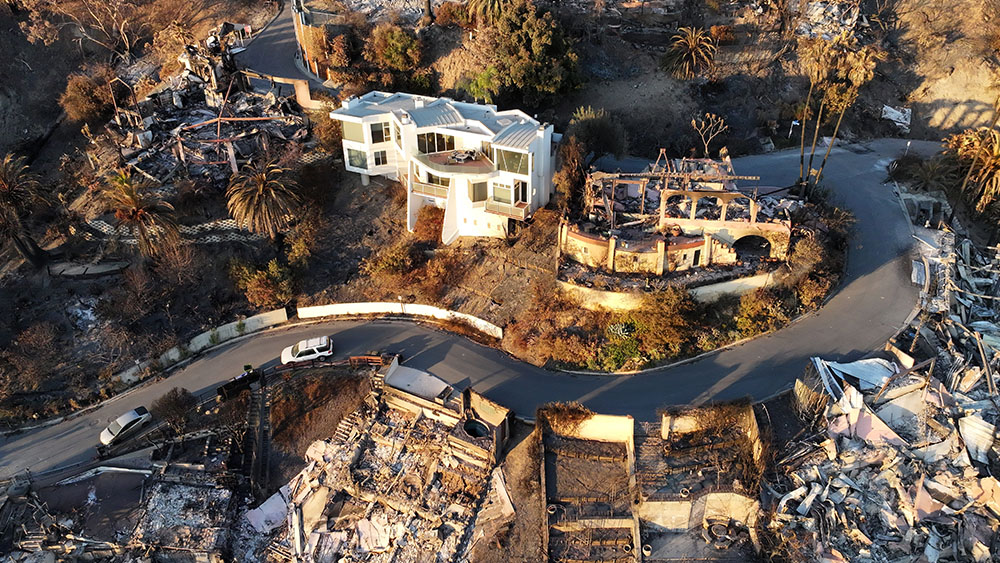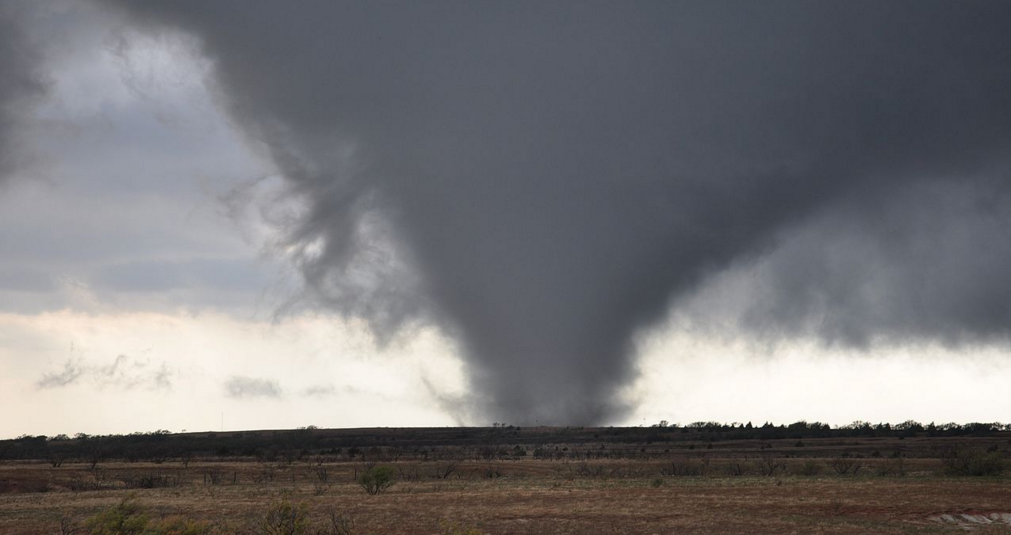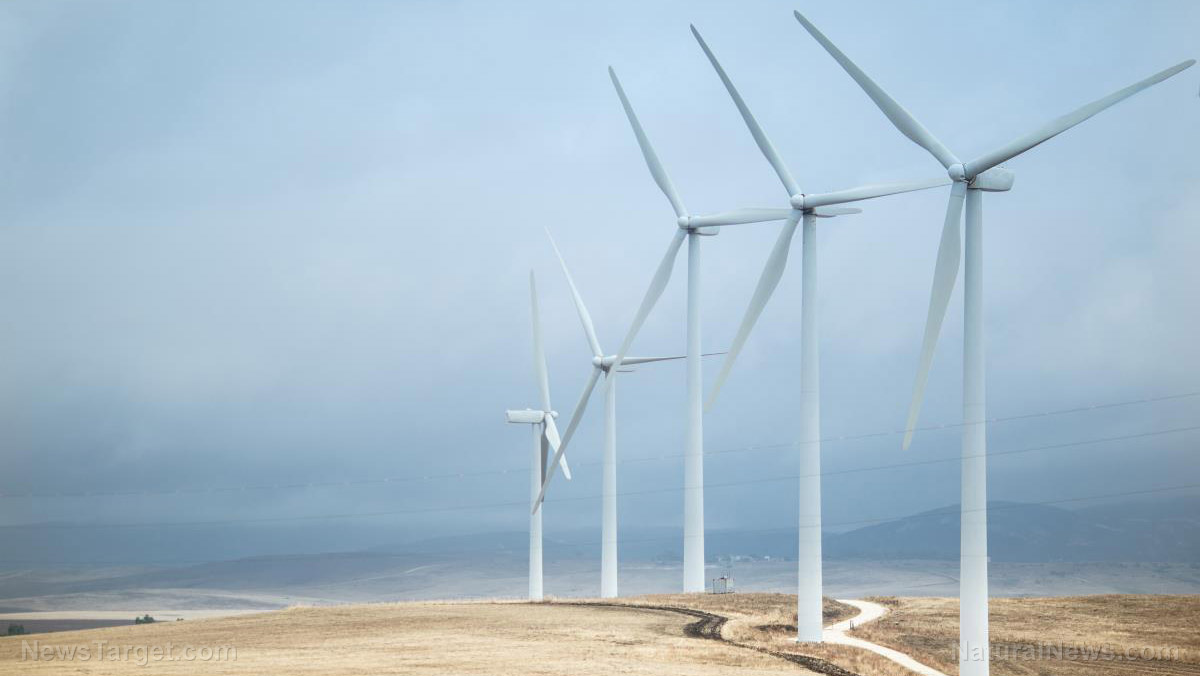Trump takes aim at state and local climate laws in executive order
04/10/2025 / By Willow Tohi
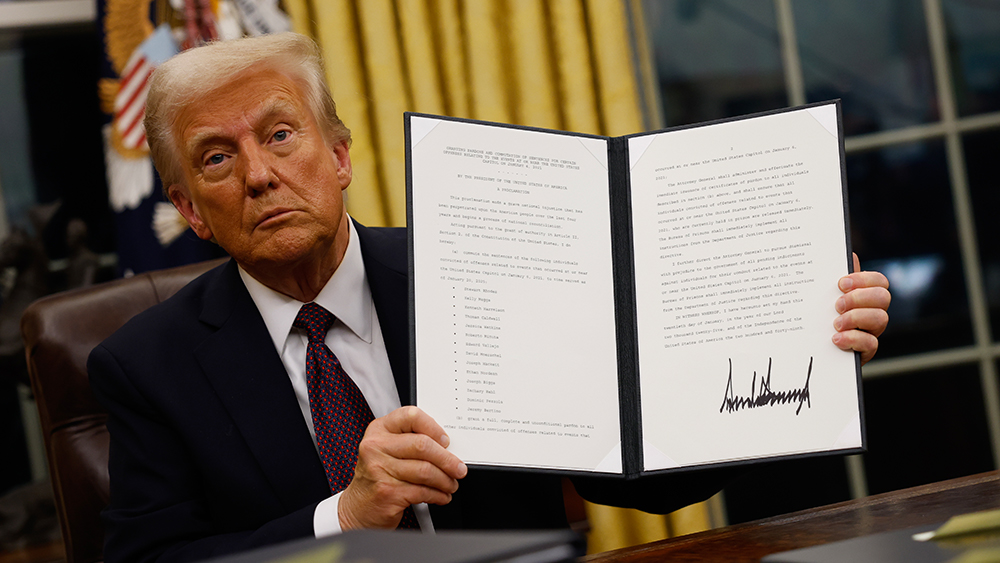
- President Donald Trump directed the DOJ to investigate and block state and local climate laws (e.g., “climate superfund” laws in NY and Vermont) that he views as unconstitutional or burdensome to the energy sector.
- Environmental groups and legal experts condemned the order as unconstitutional, accusing it of favoring polluters over public health. Fossil fuel groups praised it for protecting energy affordability.
- Experts argue the DOJ lacks authority to invalidate state laws, predicting court battles.
- It reflects ongoing federal-state clashes on climate policy, with Trump prioritizing fossil fuels while states lead climate action.
President Donald J. Trump has issued an executive order directing the Department of Justice (DOJ) to investigate and halt state and local climate laws and policies that he deems unconstitutional or otherwise unenforceable. The order, signed on April 8, targets laws in states like New York and Vermont, which have enacted “climate superfund” laws requiring fossil fuel companies to pay for damages from extreme weather. The move is part of Trump’s broader agenda to promote American energy dominance and roll back environmental regulations.
Background and context
The executive order comes at a time when the federal government and several states are at odds over climate policy. While the Trump administration has consistently favored fossil fuels and sought to roll back environmental regulations, many states and cities have taken it upon themselves to address climate change through local laws and litigation. These efforts have been seen by some as a critical bulwark against federal inaction on environmental issues.
Key provisions of the executive order
There are three main sections to the executive order:
Section 1: Purpose
The order outlines the administration’s commitment to “unleashing American energy” by removing what it considers illegitimate impediments to the development and use of domestic energy resources. It argues that state and local governments are overstepping their constitutional and statutory authorities by imposing barriers to interstate and international trade, subjecting energy producers to arbitrary fines, and enacting ideologically motivated climate policies.
Section 2: State laws and causes of action
- Identification: The Attorney General, in consultation with other executive departments, is tasked with identifying all state and local laws, regulations and policies that burden the energy sector and may be unconstitutional or preempted by federal law.
- Action: The Attorney General is directed to take all appropriate action to stop the enforcement of these laws and halt ongoing civil actions.
- Report: Within 60 days, the Attorney General must submit a report to the President, recommending additional actions to fulfill the order’s purpose.
Section 3: General provisions
The order includes provisions to ensure that it does not impair the authority of executive departments or create any enforceable rights.
Reactions and implications
President Trump’s executive order has faced criticism from a diverse array of stakeholders, including environmentalists, oil companies and automotive trade groups, who argue that it undermines climate leadership and imposes unrealistic expectations. The order has been denounced for its perceived support of fossil fuel interests, the high cost of electric vehicles, and limited consumer demand, with environmental advocates and legal experts questioning its legality and effectiveness.
Advocates and environmental groups
Environmental advocates and climate activists have strongly criticized the executive order. Aru Shiney-Ajay, executive director of the Sunrise Movement, called it an “illegal, disgusting attempt to force everyday people to pay for the rising toll of climate disasters.” Cassidy DiPaola, communications director of Make Polluters Pay, described it as an “anti-democratic attack” on local climate action, emphasizing that it prioritizes polluters’ profits over public health and safety.
Fossil fuel industry
The fossil fuel industry has welcomed the order. Ryan Meyers, senior vice president of the American Petroleum Institute, stated that the move will “help restore the rule of law and ensure activist-driven campaigns do not stand in the way of ensuring the nation has access to an affordable and reliable energy supply.”
Legal challenges
Environmental lawyers have questioned the legality of the executive order. Jason Rylander, legal director of the Center for Biological Diversity, called it “illegal and unconstitutional,” arguing that the Attorney General lacks the authority to declare state laws illegal. He predicted that the order would fail in court.
Historical context
The tension between federal and state environmental policies is not new. The Obama administration, for instance, implemented several climate regulations that were subsequently rolled back by the Trump administration. This executive order represents a continuation of Trump’s efforts to promote fossil fuels and reduce regulatory burdens on the energy sector. However, it also highlights the growing role of states and cities in climate action, particularly in the face of federal resistance.
Conclusion
President Trump’s executive order to investigate and halt state and local climate laws is a significant move in the ongoing battle over environmental policy. While it aligns with the administration’s pro-fossil fuel agenda, it faces strong opposition from environmental groups and legal challenges. The outcome of this order will have far-reaching implications for the balance of power between federal and state governments and the future of climate action in the United States.
Sources include:
Submit a correction >>
Tagged Under:
big government, Climate, climate activists, energy, energy supply, environment, environmental advocates, executive order, fossil fuel, green living, Green New Deal, green tyranny, politics, power, progress, resist, state laws, Trump, White House
This article may contain statements that reflect the opinion of the author



